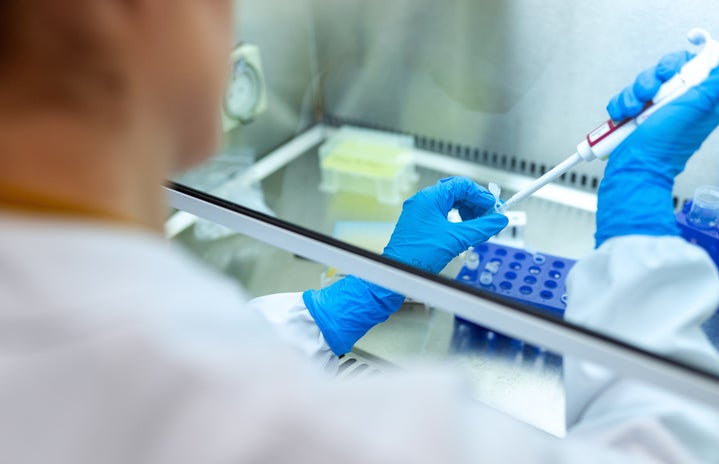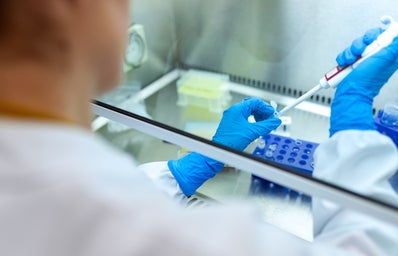At the age of 10, Yamil Cabrera moved to the United States with his family. As a Cuban immigrant who did not understand English, Yamil’s future seemed uncertain. However, he knew he wanted to pursue a career in the medical field because he witnessed firsthand his father’s experiences as an anesthesiologist. After several years in school, Yamil received his Doctorate in Pharmacy from Nova Southeastern University, located in South Florida, and he became Yamil Cabrera, PharmD, BCNSP. Today, Yamil works as a clinical pharmacist at Memorial Hospital West where he stands on the frontlines of the COVID-19 pandemic.
Her Campus (HC): Can you tell us about yourself and your position as a clinical pharmacist at Memorial Hospital West?
Yamil Cabrera (YC): I am a clinical pharmacist specializing in nutritional support. I have worked at three different hospitals; however, I have maintained my current position at Memorial Hospital West for 25 years. My typical day at work involves accessing patients’ medications for adequate pharmacotherapy. I also make sure patients are given appropriate therapeutic doses and indications. As a board-certified parenteral nutritional pharmacist, I am responsible for patients on intravenous parenteral nutrition who cannot maintain or take enteral (by mouth) nutrition. I review and assess these patients’ daily labs and calculate their parenteral nutritional formulas.
HC: How has COVID-19 impacted your work on a daily basis?
YC: Due to the current pandemic, the hospital has had to improvise in order to accommodate the large number of patients requiring special care. As a pharmacist, my workflow is constantly evolving because of the surges. Many of our hospital units have been converted to COVID-19 units. In the meantime, pharmacists have become flexible, and some work from home.
HC: How has the most recent Omicron variant affected your work compared to previous variants?
YC: In comparison to previous variants, the patient population is not displaying as severe and life-threatening symptoms. However, we still had the same number of COVID-19 patients as previous surges. With the new variant, fewer patients require acute ICU care, and the majority have not required intubation. The hospital has had challenges such as severe personal protective equipment shortages and medication shortages. Most importantly, there has been a severe shortage of nurses and other staff members.
HC: What has been the greatest challenge working during a pandemic?
YC: As a clinical pharmacist, my workflow has constantly changed to accommodate these surges. Furthermore, it has been difficult to witness patients succumb to this virus.
HC: Based on your experience, what do you think Americans will face in the upcoming weeks and months with COVID-19?
YC: Based on my experience, I believe we have reached the peak of this Omicron surge. Due to the number of people who have been infected, the virus will eventually weaken. The current variant may lead to an endemic and become like the annual flu.
Yamil, thank you for sharing your experiences and insights at the hospital with us. We appreciate your dedication to your patients and your career.
Want to see more HCFSU? Be sure to like us on Facebook and follow us on Instagram, Twitter, TikTok, YouTube and Pinterest!


